All Terra Thread bags are produced in line with the Global Organic Textile Standard (GOTS). Our products meet GOTS’ strict social and environmental criteria across the entire supply chain, including adherence to strong labor provisions and prohibited use of toxic chemicals.
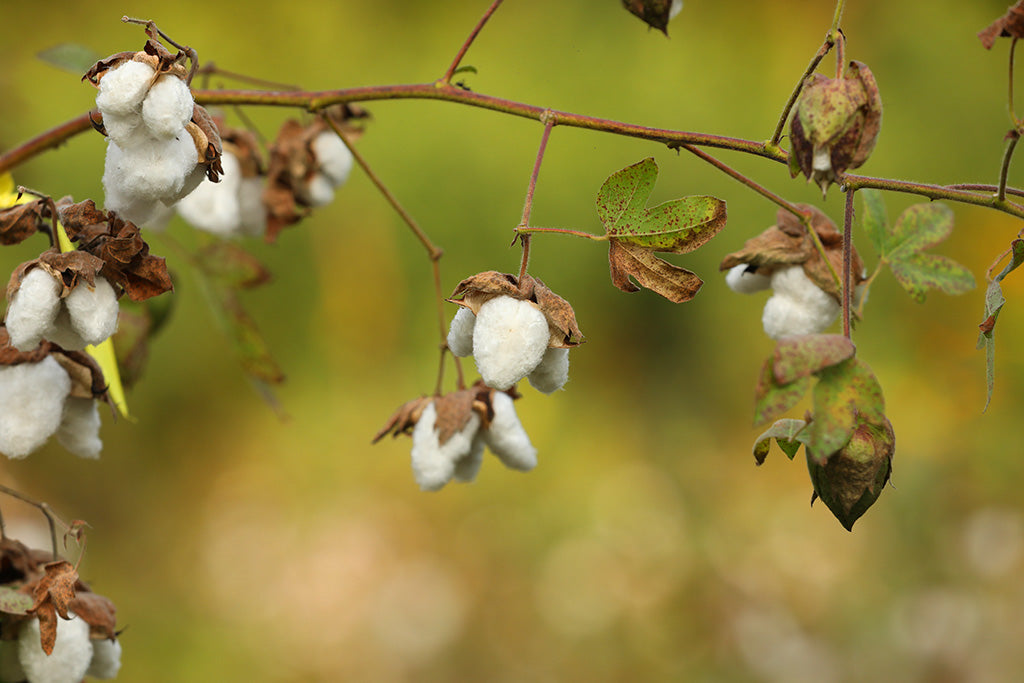
How is organic cotton different?
Simply put, organic cotton is grown without toxic pesticides or insecticides and that is what makes it different from others.
Conventionally grown cotton is sprayed with numerous chemicals that soak into the plant and the surrounding soil, which is then ingested by the farmers. When pesticides are sprayed, toxic runoff takes place, which causes toxic chemicals seep into our drinking water supply, rivers, lakes, and other sensitive ecosystems. Long-term exposure to these chemicals can be detrimental to people's health and can have major impacts on their lives and well-being. Research shows that conventionally grown cotton uses more insecticides than any other crop in the world. According to Organic Trade Association (OTA), cotton used $4.2 billion worth of pesticides in 2017, accounting for 6.35% by value of all the plant protection chemicals sold that year, including 12.34% of all insecticide sales and 3.94% of herbicide sales.
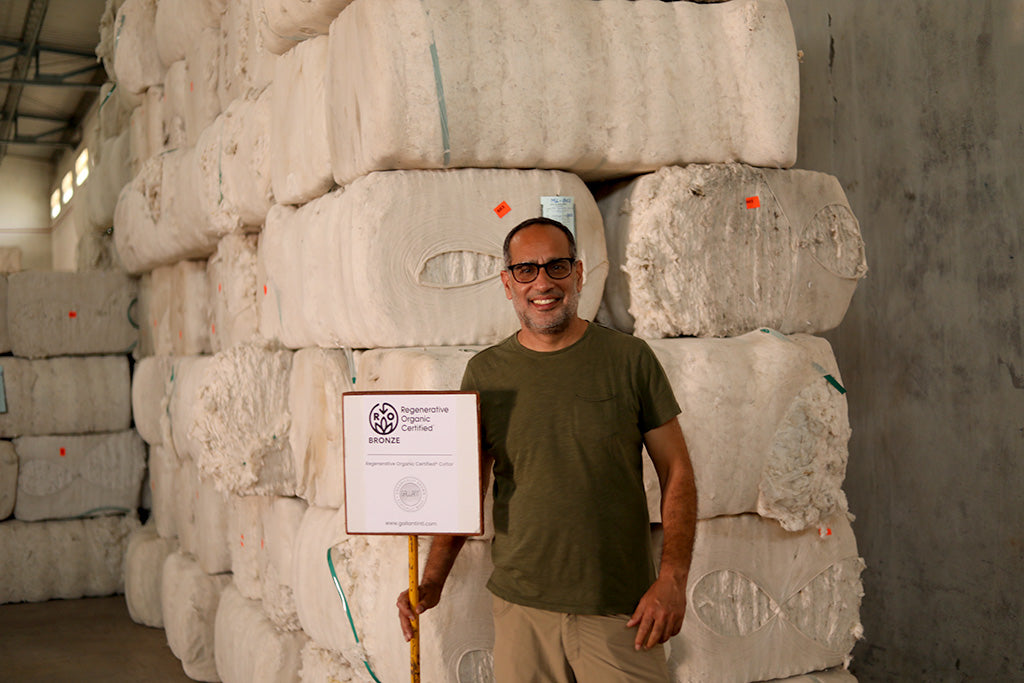
Global Organic Textile Standard
The standard prohibits the use of toxic chemicals during the processing stages and includes strong labor provisions as well as prohibition of child labor. GOTS covers the processing, manufacturing, packaging, labeling, trading, and distribution of products sold as GOTS certified. When you purchase a GOTS Certified product, it means that the product has met strict environmental and social criteria during its entire supply chain.
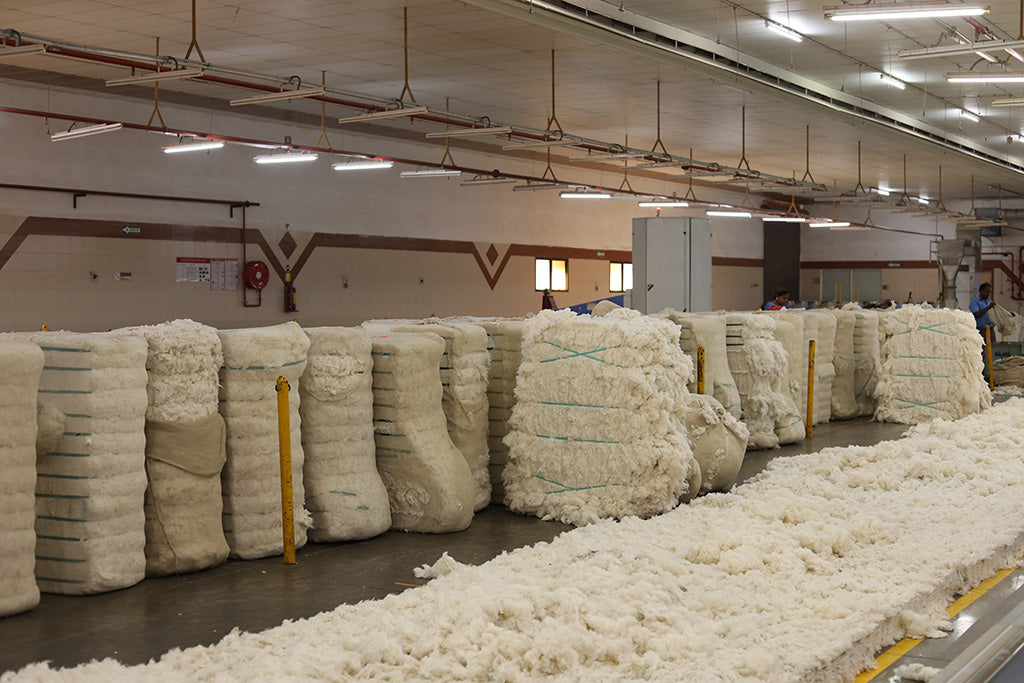
Fiber Production
- Organic certification of fibers on basis of recognized international or national standards (IFOAM family of standards, EEC 834/2007, USDA NOP)
- Certification of fibers from conversion period is possible if the applicable farming standard permits such certification
- A textile product carrying the GOTS label grade ‘organic’ must contain a minimum of 95% certified organic fibers whereas a product with the label grade ‘made with organic’ must contain a minimum of 70% certified organic fibers.
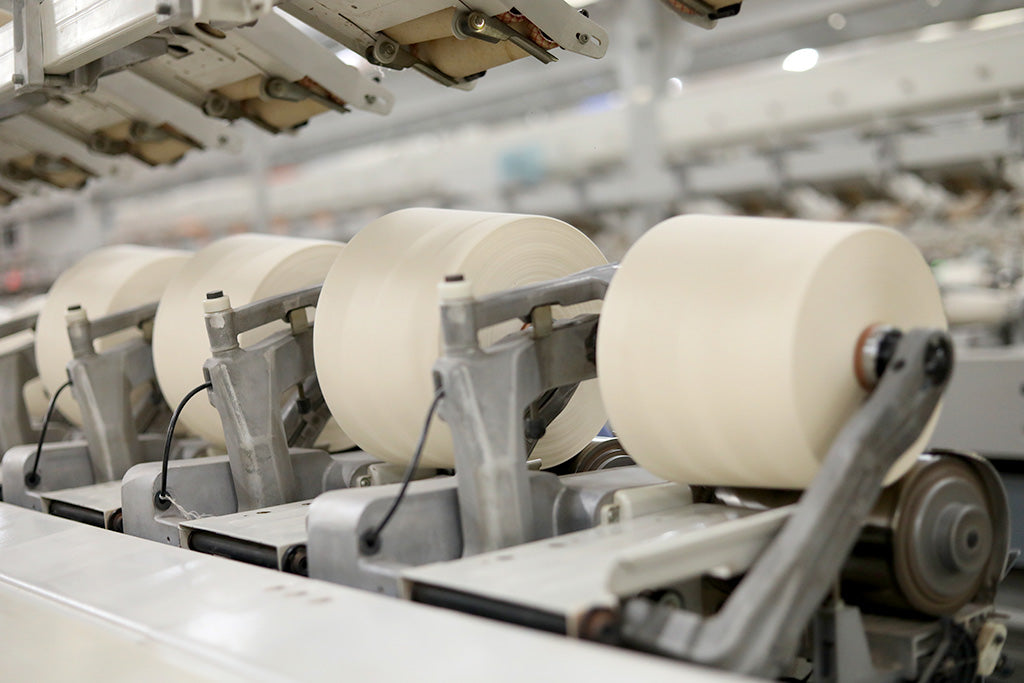
Certification of the entire textile supply chain
- Fiber producers (farmers) must be certified according to a recognized international or national organic farming standard that is accepted in the country where the final product will be sold
- Certifiers of fiber producers must be internationally recognized according to ISO 65 and/or IFOAM accreditation. They also must be accredited to certify according to the applicable fiber standard
- Operators from post-harvest handling up to garment making and traders have to undergo an annual on-site inspection cycle and must hold a valid GOTS operational certificate applicable for the production / trade of the textiles to be certified
- Certifiers of processors, manufacturers and traders must be internationally accredited according to ISO 65 and must hold a ‘GOTS accreditation’ in accordance with the rules as defined in the ‘Approval Procedure and Requirements for Certification Bodies’
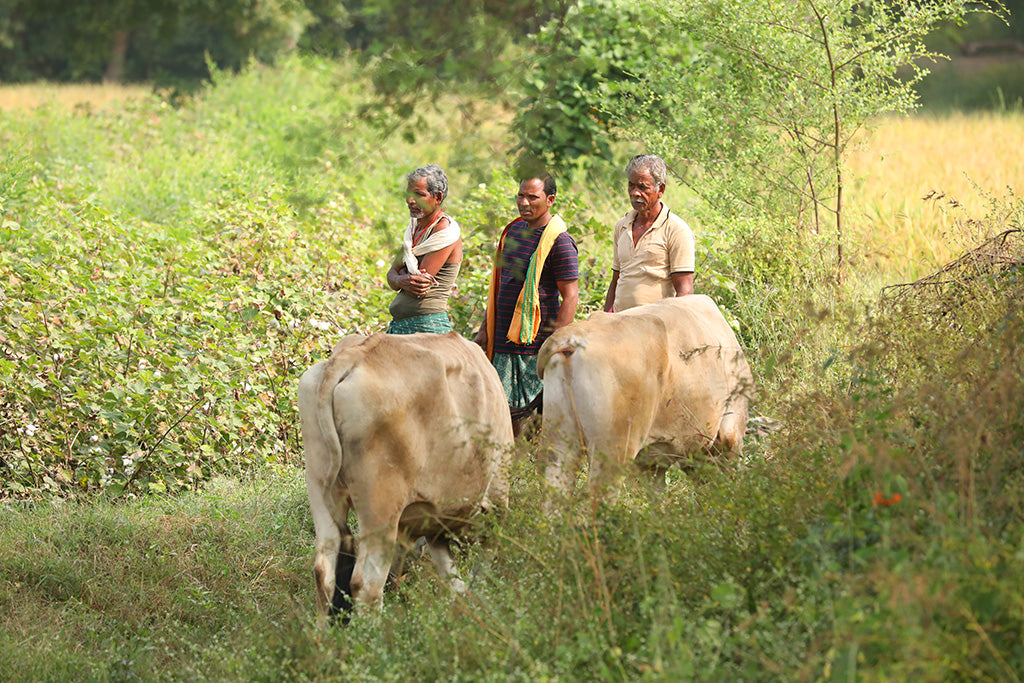
Environmental Criteria
- At all stages of processing, organic fiber products must be separated from conventional fiber products and clearly identified.
- All chemical inputs (e.g. dyes, auxiliaries and process chemicals) must be evaluated and meet basic requirements on toxicity and biodegradability/eliminability.
- Prohibition of critical inputs such as toxic heavy metals, formaldehyde, aromatic solvents, functional nano particles, genetically modified organisms (GMO) and their enzymes.
- The use of synthetic sizing agents is restricted; knitting and weaving oils may not contain heavy metals.
- Bleaches must be based on oxygen (no chlorine bleaching).
- Azo dyes that release carcinogenic amine compounds are prohibited.
- Discharge printing methods using aromatic solvents and plastisol printing methods using phthalates and PVC are prohibited.
- Restrictions for accessories (e.g. no PVC, nickel or chrome permitted).
- All operators must have an environmental policy including target goals and procedures to minimize waste and discharges.
- Wet processing units must keep full records of the use of chemicals, energy, water consumption and waste water treatment, including the disposal of sludge. The waste water from all wet processing units must be treated in a functional waste water treatment plant.
- Packaging material must not contain PVC. Paper or cardboard used in packaging material, hang tags, swing tags etc. must be recycled or certified according to FSC or PEFC.
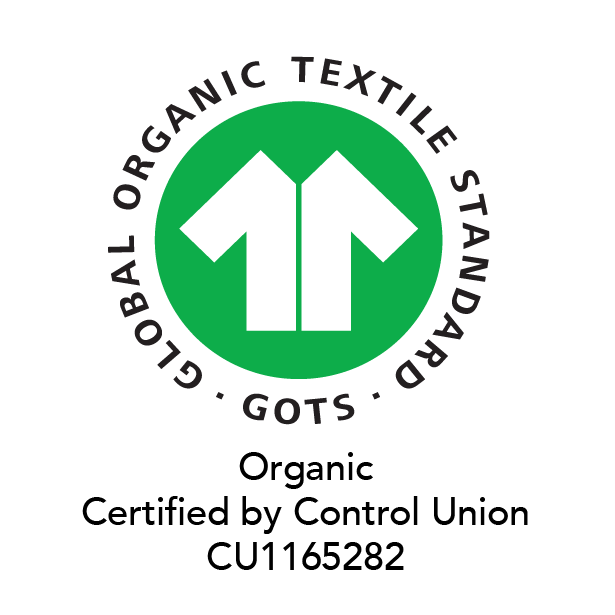
Technical Quality & Human Toxicity Criteria
- Technical quality parameters must be met (such as rubbing, perspiration, light and washing fastness and shrinkage values).
- Raw materials, intermediates, final textile products as well as accessories must meet stringent limits regarding unwanted residues.
Social Criteria
Social criteria based on the key norms of the International Labour Organisation (ILO) must be met by all processors and manufacturers. They must have a social compliance management with defined elements in place to ensure that the social criteria can be met. For adequate implementation and assessment of the following social criteria topics the listed applicable key conventions of the International Labour Organization (ILO) have to be taken as the relevant basis for interpretation.
Employment is freely chosen
C29 - Forced Labour Convention
C105 - Abolition of Forced Labour Convention
Freedom of association & the right to collective bargaining are respected
C87 - Freedom of Association and Protection of the Right to Organize Convention
C98 - Right to Organize and Collective Bargaining Convention
C135 - Workers' Representatives Convention
C154 - Collective Bargaining Convention
Working conditions are safe and hygienic
C155 - Occupational Safety and Health Convention
Child labour must not be used
C138 - Minimum Age Convention
C182 - Worst Forms of Child Labour Convention
Living wages
C95 - Protection of Wages Convention
C131 - Minimum Wage Fixing Convention
Working hours are not excessive
C1 - Hours of Work (Industry) Convention
C14 - Weekly Rest (Industry) Convention
C30 - Hours of Work (Commerce and Offices) Convention
C106 - Weekly Rest (Commerce and Offices) Convention
No discrimination is practiced
C100 - Equal Remuneration Convention
C111 - Discrimination (Employment and Occupation) Convention
Regular employment is provided
C158 - Termination of Employment Convention
C175 - Part-time Work Convention
C177 - Homework Convention
C181 - Private Employment Agencies Convention
Harsh or inhumane treatment is prohibited
C29 - Forced Labour Convention
C105 - Abolition of Forced Labour Convention
